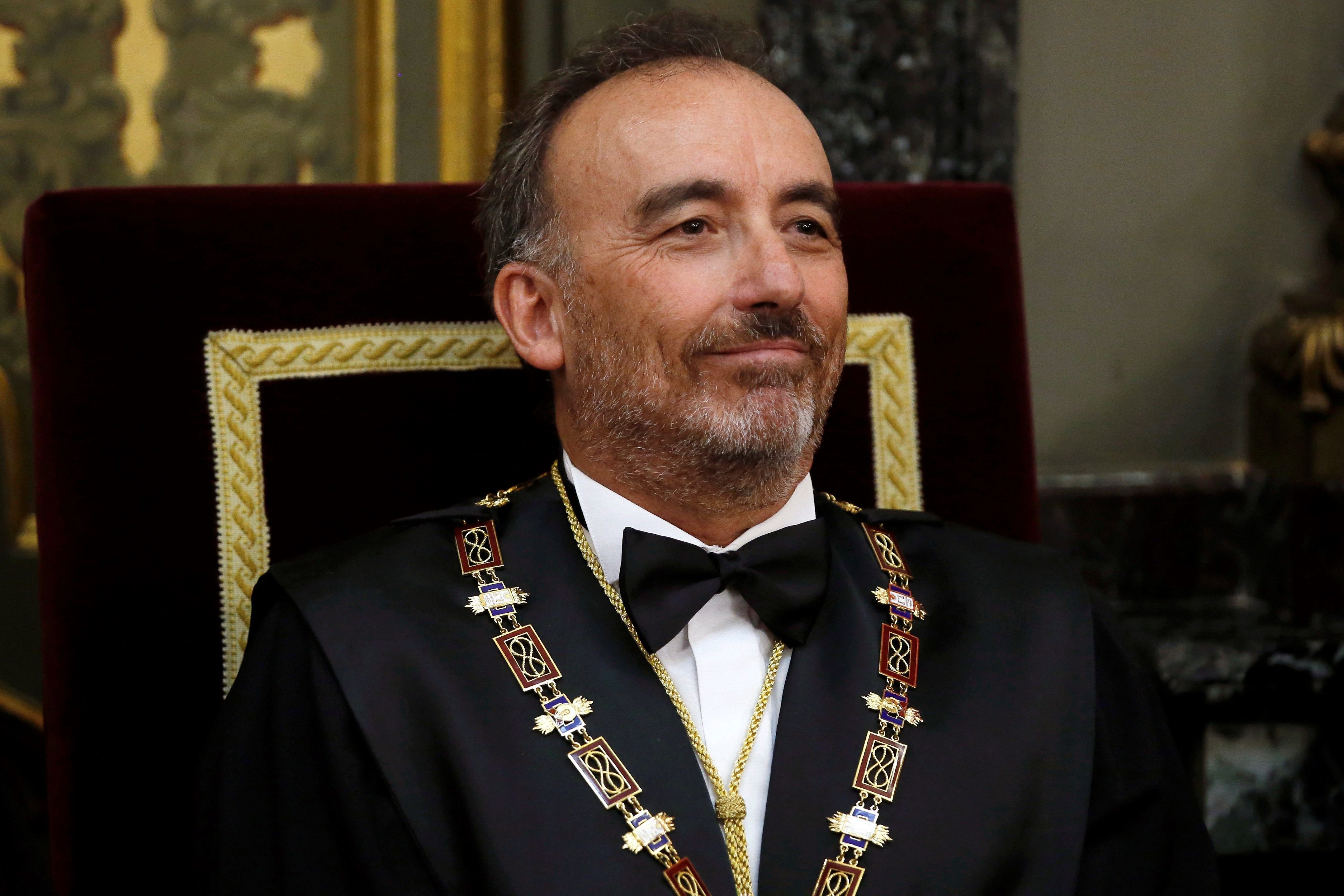The advocate general of the European Court of Justice, Maciej Szpunar, has presented an opinion backing the European Parliament's action in announcing the end of Catalan pro-independence politician Oriol Junqueras's status as an MEP in January 2020. The advocate general's view, used to help the court rule, avoids giving an assessment of the Spanish Supreme Court's actions in relation to this, and instead relies on formal reasons to argue that the decision of then-president of the chamber David Sassoli was a direct consequence of the verdict convicting the Catalan leader for his involvement in the independence process and the president of the European Parliament simply informed MEPs. However, the Spanish court cannot breathe completely easily over the matter, because even if Szpunar avoids any analysis of the judicial procedure carried out in Spain, he does include a warning to the Supreme Court's criminal chamber, presided over by Manuel Marchena, which convicted the pro-independence leaders in the 2019 trial.
Paragraph 90 of the resolution warns the Supreme Court in relation to the principle of sincere cooperation between the EU member states and the institutions of the Union. The advocate general considers Junqueras's appeal to this principle as regards the actions of the president of Parliament to be unfounded. But he goes on: "As regards the duty of sincere cooperation, on the other hand, the conduct of the Tribunal Supremo (Supreme Court) in the appellant’s case may indeed appear not to comply with that duty," warns the opinion. Szpunar goes no further in this assessment, but all of the actions taken by the Supreme Court in this case are part of the matter being heard.
Supreme Court's actions
The landmark decision made so far in this case, which has given rise to subsequent actions and appeals in relation to all of the pro-independence Catalan MEPs, was that on 19th December 2019, when the Luxembourg court, in response to a preliminary question, ruled that Oriol Junqueras, former Catalan vice president who was successful in the May 2019 elections to the European Parliament while in jail on remand and awaiting sentence over the 2017 independence process, had enjoyed his immunity from prosecution as a Member of the European Parliament from the moment the election result was proclaimed in June 2019. The text of the Advocate General is a criticism of the fact that, in response to the December decision by EU justice, the Supreme Court decided that it was not appropriate to authorize him to travel to the European Parliament, nor to agree on his release, nor to declare the sentence of October 2019 null and void, nor to request the suspension of the parliamentary immunity which he had held in the period. Instead, the Supreme Court merely presented a fait accompli: that when Junqueras was declared elected, the trial was over and the court's deliberation process had begun, so he could no longer appeal to that immunity to prevent the continuation of the procedure.
The final conclusion of the Advocate General is, however, that if the president of the European Parliament had taken any initiative on this matter, it would not have been binding on the Spanish authorities and thus would not have changed the legal situation of the MEP.
Now that the Advocate General has given his view, the court will have to rule, which could allow another opportunity for Luxembourg to rule on the situation of the pro-independence MEPs. In fact, although Junqueras' defence was aware that all signs suggested that the Advocate General would agree with the earlier ruling by the EU General Court which decide not to uphold the appeal against Sassoli's decision, he wished to wait to see the argument that would be made.

